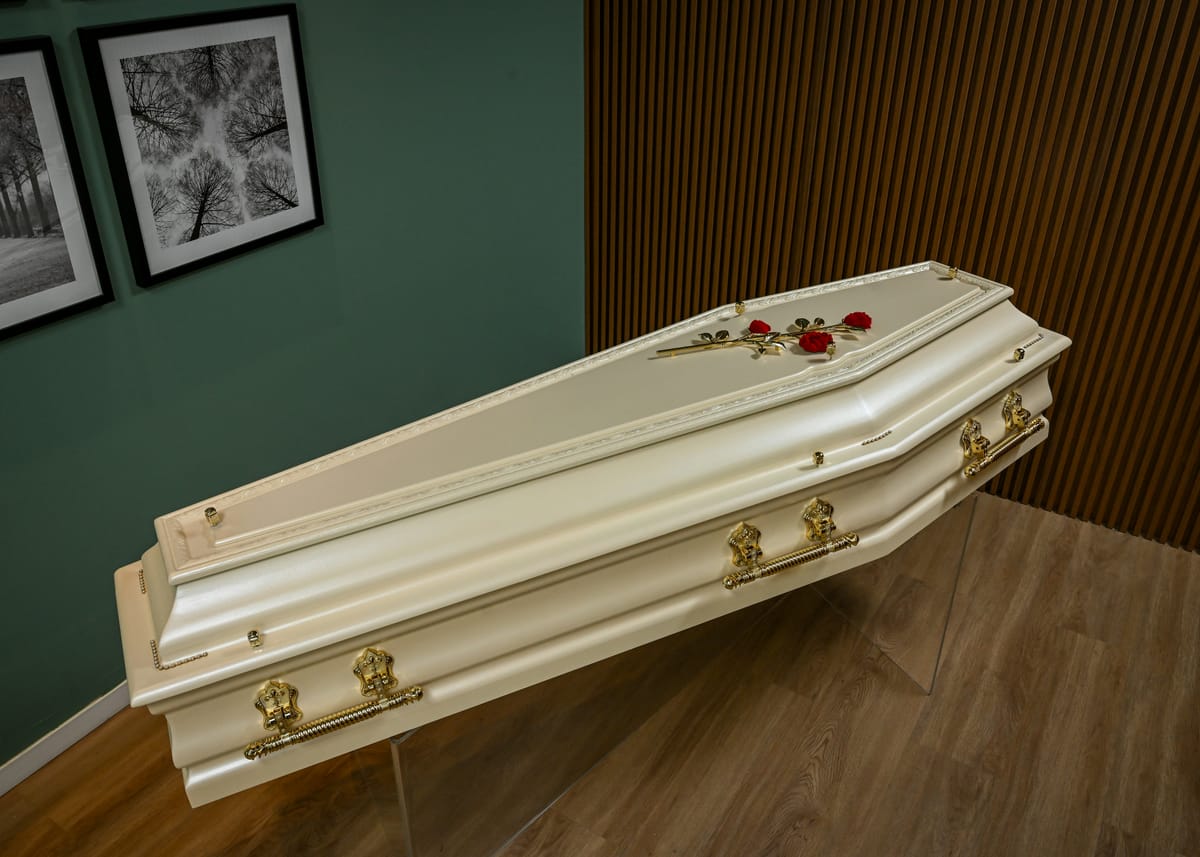Harvard Can Be Sued Over Mishandling of Donated Human Remains, Court Rules

BOSTON — Harvard University may face lawsuits from families who say the school mishandled the remains of their loved ones donated for medical research, the Massachusetts Supreme Judicial Court ruled Monday.
Court Reinstates Lawsuits
The court said Harvard can be held responsible for a former morgue manager’s scheme to dissect and sell human body parts from its medical school. Justice Scott Kafker, writing for a unanimous four-judge panel, said a lower court erred in dismissing the lawsuits.
The justices found that the plaintiffs had presented enough evidence to claim Harvard failed to act in good faith when handling the remains. Kafker wrote that the university “had a legal obligation to provide for the dignified treatment and disposal of the donated human remains, and failed miserably in this regard, as Harvard itself recognized.”
Allegations of Negligence
The lawsuits stem from the actions of Cedric Lodge, the former manager of Harvard Medical School’s morgue. Prosecutors said Lodge began stealing body parts in 2018, including heads, brains, skin, and organs. He allegedly transported them from Harvard’s morgue in Boston to his home in Goffstown, New Hampshire, where he and his wife sold them on the black market.
Lodge pleaded guilty in May to transporting stolen goods across state lines and is awaiting sentencing.
In total, 47 relatives across 12 lawsuits accuse Harvard of negligence. They allege the school ignored years of misconduct by Lodge until his indictment in 2023.
Legal Background
A lower court judge had previously ruled that Harvard was immune from liability under the state’s Uniform Anatomical Gift Act, which protects institutions that act in good faith when handling donated bodies.
But the state’s highest court disagreed. Kafker wrote that the plaintiffs had adequately shown Harvard failed to follow the law, citing the lack of safeguards to prevent the thefts. The opinion noted that the university did not have proper systems to stop Lodge from removing body parts or allowing outsiders into the morgue to buy them.
The court also revived claims against the managing director of Harvard’s anatomical gift program.
Plaintiffs Seek Accountability
Jeffrey Catalano, an attorney representing the families, welcomed the decision. He said his clients “feel that their right to get additional answers as to how and why this happened on Harvard's property for so long has been vindicated.”
Continuing Fallout
The case has drawn national attention, highlighting the responsibilities of medical institutions to protect donated bodies used for education and research. The decision opens the door for the families to continue pursuing damages against one of the nation’s most prominent universities.
Harvard Medical School has previously said it was “appalled” by Lodge’s actions and that it has since reviewed and strengthened its security measures.
